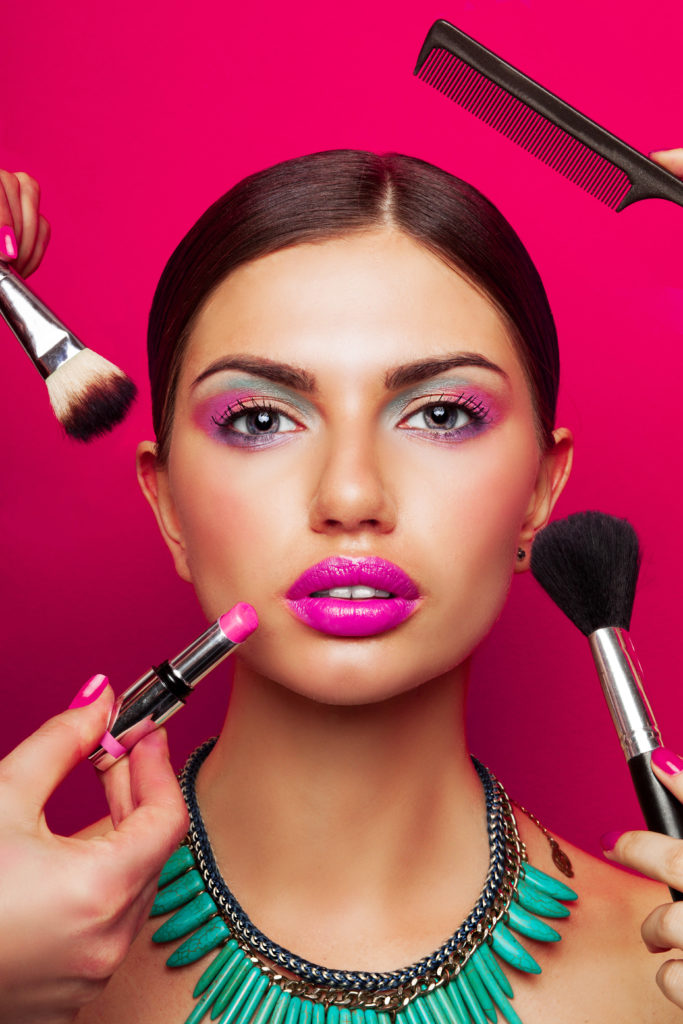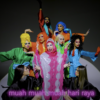
This shift in messaging comes about at a time where women are more empowered than ever before. Society is pushing back on the patriarchal notions of beauty while supporting more ethical and sustainable products. More companies are going green with vegan and cruelty-free makeup lines, while makeup artists opt for artistic looks vs the typical caked on cover-up trends we’ve seen for many years. However, the question stands: can an industry that is significantly based on exploiting the insecurities of (mostly) women ever truly be ethical?
To decipher this issue and unpack it would take essays upon essays because it is deeply historical. Tracing back to the time of the Egyptians, how can we truly understand why makeup even became something that we cared about? How did it come to a point where so many of us feel like we can’t be seen without it? How has billions upon billions of dollars been made from something that is seemingly frivolous and unimportant? Is it the patriarchy? Is it just the way history has evolved? It’s hard to place what allowed it to come to this point but regardless of that fact, here we are.
For the beauty industry to survive it requires people to feel as if they are not enough without these products. If the majority of society felt good about how they looked without what these companies sell, it would be unlikely that the market could exist to the extent that it does now. It is ingrained within us that when a woman leaves her home to participate in society, she does so having her hair and makeup done to a certain preordained standard. If this standard didn’t exist then would the industry thrive the way it does? Unlikely.
In addition to the insecurity-breeding standard that has been perpetuated by the beauty industry, there is also the issue of how these products are created and tested. In the past, animal testing and mass-production had been the norm. As consumers, we accept these practices because alternatives were scarce and knowledge of the damage was not widespread. However, we yet again see how the influence of social media has allowed information to be disseminated to a widespread audience and consumers becoming more mindful on the production of their favourite cosmetics.
When it comes to such a historical industry that dates back to days of Cleopatra and the French Court, it is hard to truly decide what constitutes an ethical beauty industry and a non-ethical one. The progress we’ve seen in messaging gives us hope that eventually society will move to embrace more body and beauty positivity with makeup being a tool for embracing what we already have. To answer the question, can the beauty industry ever truly be ethical – Yes, but it is going to take a long time and a lot of reconditioning for us to get there.
What do you think?







